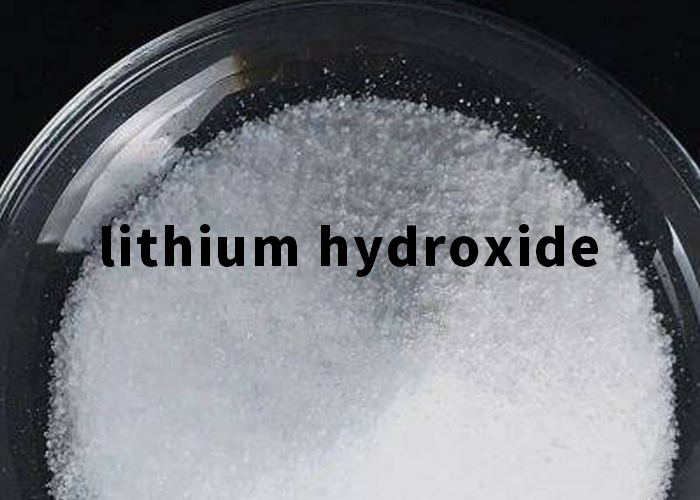Comprehensive Guide to Lithium Hydroxide Applications in Lithium-Based Grease Industry
Lithium-based greases are widely recognized for their excellent high-temperature stability, water resistance, and mechanical performance. They are extensively used in automotive, industrial, and aerospace lubrication systems. Among the key raw materials, lithium hydroxide plays a pivotal role in determining the quality and performance of these greases. This article explores how monohydrate lithium hydroxide anhydrous lithium hydroxide and coarse-grained lithium hydroxide are applied in the production of lithium-based greases, as well as practical tips for optimizing their usage.
1. Understanding Lithium Hydroxide in Lubrication
Lithium hydroxide is a strong alkali used primarily to react with fatty acids to produce lithium soap, which acts as a thickener in greases. Its chemical properties, particle size, and water content directly affect grease consistency, high-temperature performance, and water resistance.
Monohydrate lithium hydroxide : This form contains one molecule of water per lithium hydroxide molecule, offering excellent solubility and reactivity. It is commonly used for standard lithium grease formulations where uniformity and processability are crucial.
Anhydrous lithium hydroxide : With almost zero water content, this type is ideal for high-performance greases where moisture can reduce stability. Its strong alkalinity ensures complete saponification of fatty acids, enhancing the grease’s thermal resistance.
Coarse-grained lithium hydroxide : Larger particle sizes are used in applications requiring slower dissolution or controlled reaction rates, such as in specialized industrial greases.
By selecting the appropriate lithium hydroxide type, manufacturers can tailor the grease properties to meet specific operational requirements.
2. Regular Inspection of Raw Materials
The quality of monohydrate lithium hydroxide , anhydrous lithium hydroxide and coarse-grained lithium hydroxide must be closely monitored. Key inspection points include:
Moisture content: High moisture can affect saponification efficiency, especially for anhydrous lithium hydroxide.
Purity: Impurities such as sodium or potassium compounds can degrade the performance of lithium soap, impacting grease stability.
Particle size distribution: Uniform particle size ensures consistent reaction rates and avoids uneven thickening.
By conducting regular raw material inspections, manufacturers can reduce production variability and improve overall grease quality.
Lithium hydroxide is an essential raw material for lithium-based greases. By selecting the appropriate type (monohydrate, anhydrous, or coarse-grained) and following appropriate inspection, processing, equipment maintenance, and operator training protocols, manufacturers can achieve superior grease performance. Regular monitoring, storage, and handling measures further ensure the grease maintains high-temperature stability, water resistance, and mechanical reliability.
Implementing these comprehensive practices not only extends equipment life and reduces downtime, but also improves production efficiency, meeting the growing demand for high-performance lithium-based greases in automotive, industrial, and aerospace applications.